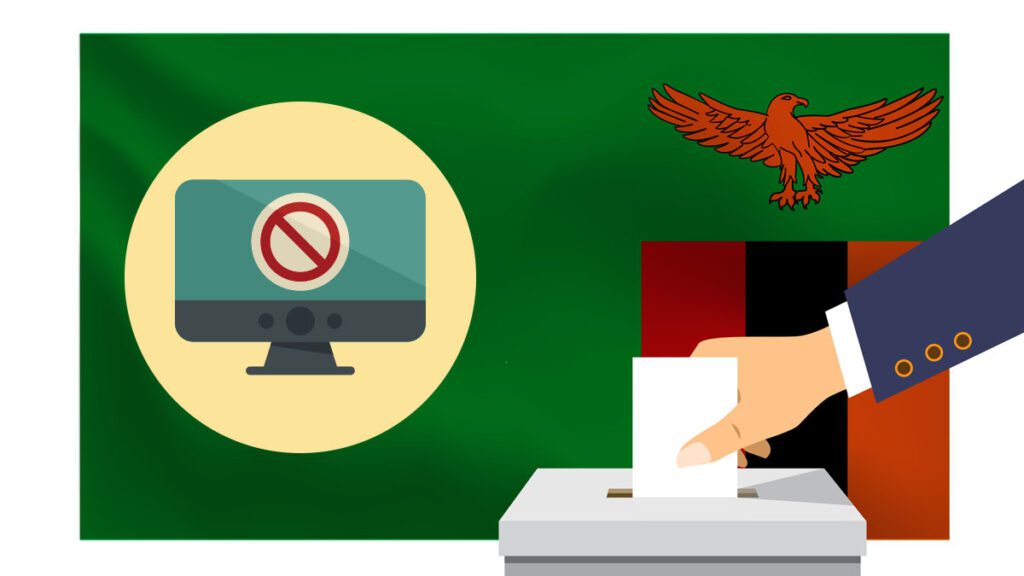
For authoritarianism to survive, it must learn to adapt.
While governments have been utilizing the latest tech to communicate with their people and understand their sentiment, the same tools are being used in a pervasive, yet subtle manner, in a bid to enforce repression among the public and remain in power.
An example of this could be seen as WhatsApp and other social media platforms are now being blocked in Zambia as general elections kick off in the country.
According to digital rights organization Access Now and internet monitor NetBlocks, the block which targets state-owned internet providers and private networks, is a tactic used by the political elite to ensure communication during the election is kept to a minimum.
The local Zambian news organization, Lusaka Times, published a statement confirming that the country’s Ministry of Information and Broadcast Services did in fact cut off access to multiple networking sites. Officials justified the move as a means to eliminate the spread of disinformation during elections period.
For the third time, Zambian President Edgar Lungu and his opposition Hakainde Hichilema are facing off yet again in this year’s knife-edge election.
Lungu has been in position since 2015, causing the Zambian public to demand change as the country has been drowning in debt and poverty for years now. However, there are people still holding on to Lungu’s reign.
Hence, political violence is on an all-time high, as supporters of Lungu’s Patriotic Front (PF) party and Hichilema’s United Party for National Development (UPND) have engaged in violent attacks against each other on multiple occasions, pushing Lungu to deploy a military crackdown.
The polls officially closed on Thursday, witnessing a higher turnout number than usual. Voters were still casting ballots at many stations even after the polls closed, according to Reuters. The law in Zambia allows citizens who are still in the queue to vote even after closing the poll.
However, as internet access is restricted, suspicion and tension about the outcome of the votes is boiling. Voters who were affected by the internet block are having to resort to VPNs to communicate.
The relationship between authoritarianism and digital technology is undoubtedly painting a dark picture of the future. For Zambian citizens, it may start off by dealing with blocked access to social media platforms. Fast forward a couple years later, and social media restrictions may be the least of Zambian citizen’s worry.